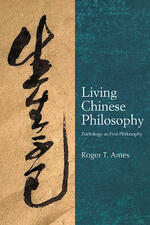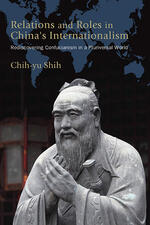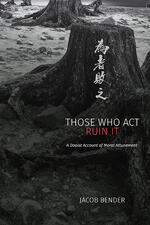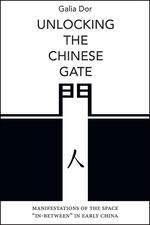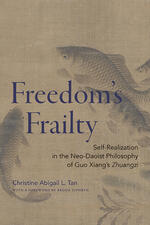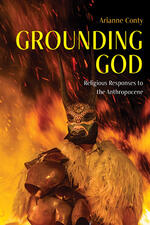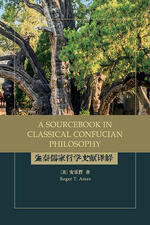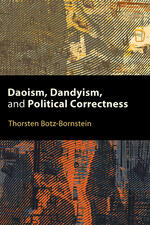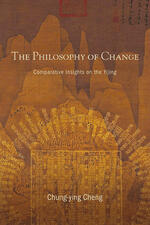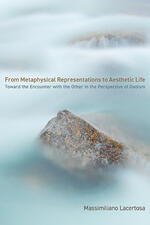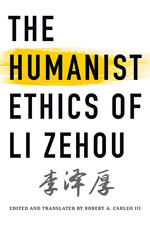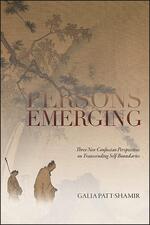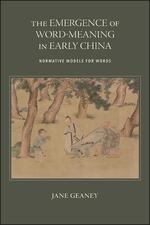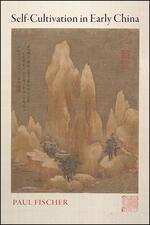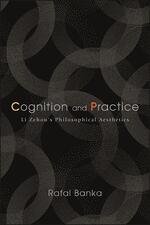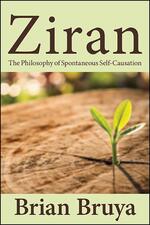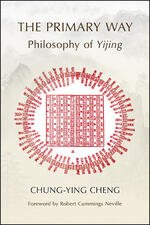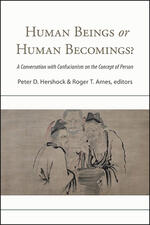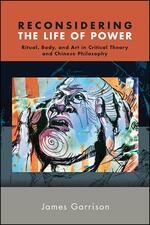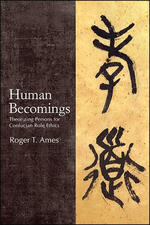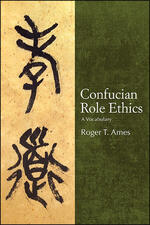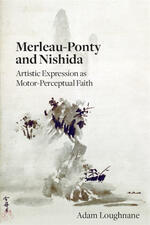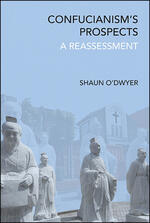Comparative Philosophy
Living Chinese Philosophy
Contrasts classical Greek ontology ("the science of being in itself") with Confucian "zoetology" ("the art of living").
Relations and Roles in China's Internationalism
Creative exploration of how the encounter between Confucianism and western (neo)liberalism necessarily leads to the unlearning of both.
Those Who Act Ruin It
Presents an iconoclastic account of morality and moral discourse from the perspective of Daoist philosophy.
Unlocking the Chinese Gate
Offers an innovative analysis of gates—as architectural components, visual images, and mental constructs—in early Chinese thought and material culture.
Freedom's Frailty
Draws on Guo Xiang's commentary on the Zhuangzi to construct an account of freedom that is both metaphysical and political.
Grounding God
Looks at how different religious traditions (Christian, Buddhist, neopagan, and animist) have attempted to resacralize the earth and provide new values that include the more-than-human world.
A Sourcebook in Classical Confucian Philosophy
Applies a method of comparative cultural hermeneutics to let the tradition speak on its own terms.
Daoism, Dandyism, and Political Correctness
Argues that Daoism and dandyism, linked by likeminded philosophies of “carefree wandering,” deconstruct the puritanism and political correctness sought by Confucianism, Victorianism, and contemporary neoliberal culture.
The Philosophy of Change
An analysis of the philosophy of the Yijing in comparison to modern Western philosophies.
From Metaphysical Representations to Aesthetic Life
Reevaluates Western and Chinese philosophical traditions to question the boundaries of entrenched conceptual frameworks.
The Humanist Ethics of Li Zehou
Presents Li Zehou's culminating views on ethics in a series of works that highlight the importance of Confucian philosophy today.
Confucian Liberalism
Offers a renovated form of Confucian liberalism that forges a reconciliation between the two extremes of anti-Confucian liberalism and anti-liberal Confucianism.
A Conceptual Lexicon for Classical Confucian Philosophy
Uses a comparative hermeneutical method to explain the most important terms in the classical Confucian philosophical texts, in an effort to allow the tradition to speak on its own terms.
Persons Emerging
Offers three neo-Confucian understandings of broadening the Way as broadening oneself, through an ongoing process of removing self-boundaries.
The Emergence of Word-Meaning in Early China
Posits the origin of a specifically Chinese concept of “word-meaning,” and sheds new light on the linguistic ideas in early Chinese philosophical texts.
Self-Cultivation in Early China
An introduction to ancient Chinese ideas on how to live a good life.
Cognition and Practice
Explores the aesthetic theory of one of China's most important and influential contemporary philosophers.
Ziran
The ancient concept of spontaneous self-causation (ziran) from Daoism opens a path to understanding human action as self-organizing, attention as effortless, and art as somatic.
The Primary Way
A unique work on the underlying ontology, cosmology, and moral philosophy of the Yijing.
Human Beings or Human Becomings?
Argues that Confucianism and other East Asian philosophical traditions can be resources for understanding and addressing current global challenges such as climate change and hunger.
Reconsidering the Life of Power
Offers a compelling intercultural perspective on body, art, self, and society.
Human Becomings
Offers an in-depth exposition of the Confucian conception of persons as the starting point of Confucian ethics.
Confucian Role Ethics
Argues that the only way to understand the Confucian vision of the consummate moral life is to take the tradition on its own terms.
Merleau-Ponty and Nishida
Places the phenomenologies of Merleau-Ponty and Nishida in dialogue and uncovers a demand for a motor-perceptual form of faith in both philosophers’ meditations on artistic expression.
Confucianism's Prospects
Challenges descriptions of East Asian societies as Confucian cultures and communitarian Confucian models as a political alternative to liberal democracy.
